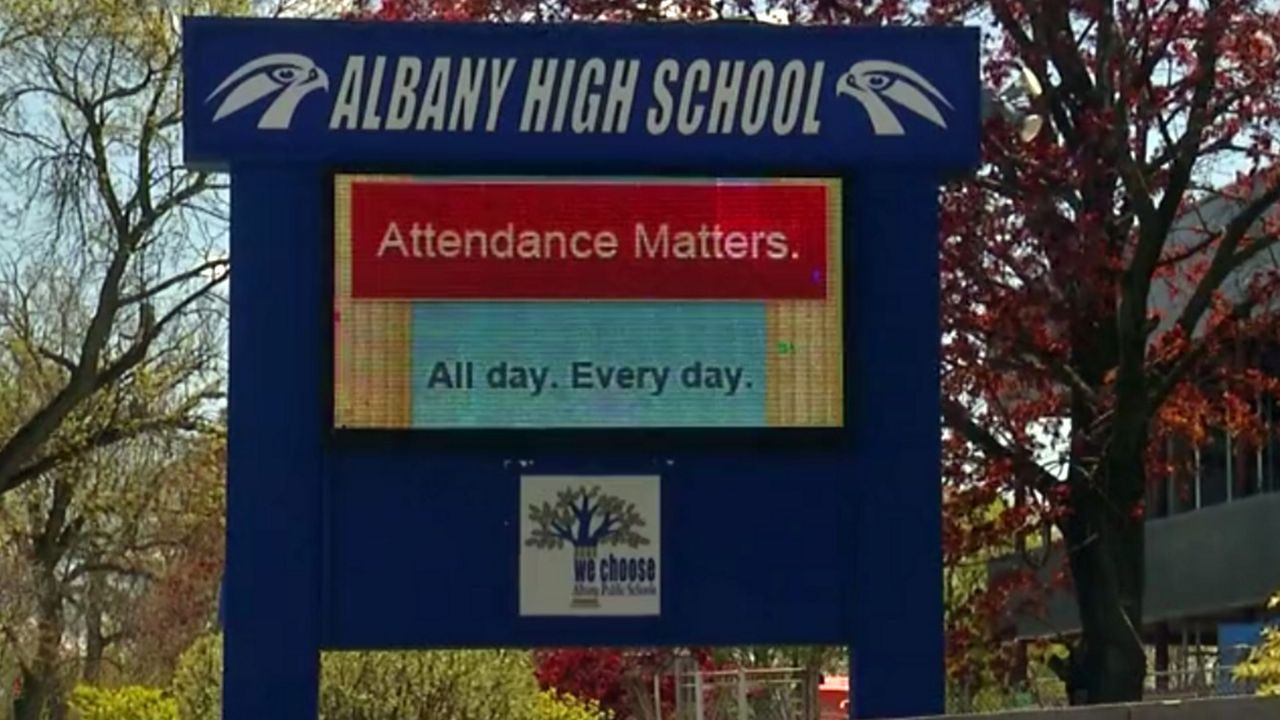Cornell University and the University of Rochester have joined a lawsuit against the Department of Energy and the DOE secretary, Chris Wright.
The lawsuit alleges that the DOE took "flagrantly unlawful actions" by "slashing 'indirect cost rates' for government-funded research."
This follows the Trump administration’s freeze of more than $1 billion in funding to Cornell with more than 75 stop-work orders from the U.S. Department of Defense.
Last year, Cornell received more than 110 awards from the DOE, adding up to $30 million. However, with these federal cuts, the lawsuit claims it will significantly impair “Cornell’s ability to conduct DOE-sponsored research this year."
“Arbitrarily cutting indirect costs will cause irreparable harm to Cornell's research enterprise, paralyze progress on projects of national importance, and threaten the training of the next generation of energy scientists," Cornell said in a statement.
In a statement announcing the U of R's involvement in the lawsuit — led by the Association of American Universities, and joined by colleges including Brown, MIT, Princeton, Illinois and Michigan State — President Sarah Mangelsdorf said the DOE's move could jeopardize the school's leadership in a number of technological categories. This includes fusion, high-energy-density physics, laser science and technology, the physical sciences and more.
"We see the DOE announcement as an arbitrary violation of regulatory obligations and as a breach of contractual agreements negotiated in good faith with the agency," Mangelsdorf said. "More importantly, the cap would almost immediately cause severe disruption to the research programs of the Laboratory for Laser Energetics as well as programs in the Hajim School of Engineering & Applied Sciences, the School of Arts & Sciences, and other operations of the University."
The U of R also said reducing the reimbursement rate to 15% represents about $25 million in annual DOE funding to the university.
Some University of Rochester students say they are pleased that the university is fighting to save its funding.
"My department, so far to my knowledge, isn't hit directly by these particular cuts," U of R grad student George Elkind said. "But cuts like this are going to hit the entire campus. They're going to hit higher ed all over the country. I think instead of universities sort of bending the knee and giving it all of this stuff as it's done recently, it's important they stand up and fight for the reason they exist [and] assert themselves as upholding something real.”
“I'm very appreciative that the university is fighting both the DOE cuts and the NIH cuts, that being [a] 15% cap on indirect finance," said U of R grad student and PhD candidate Marcus Converse. "I'm very appreciative that the university is standing up and fighting for our funding.”
Converse's research program is directly affected and faces the potential of elimination. He says it is funded by a Department of Energy grant from the Office of Basic Science.
The Department of Energy proposed these cuts to take place immediately for indirect costs for existing sponsored research grants.
Spectrum News 1 has contacted the DOE for comment and has not heard back.












